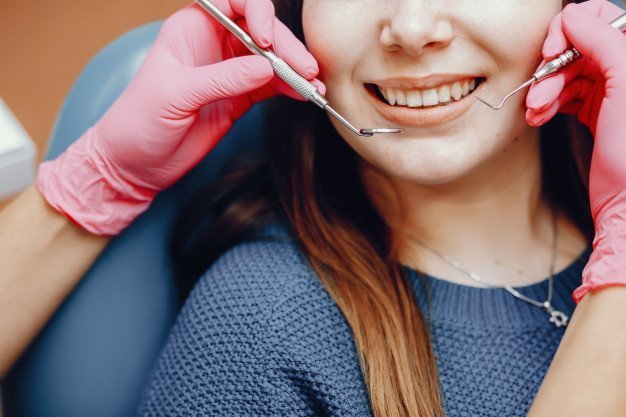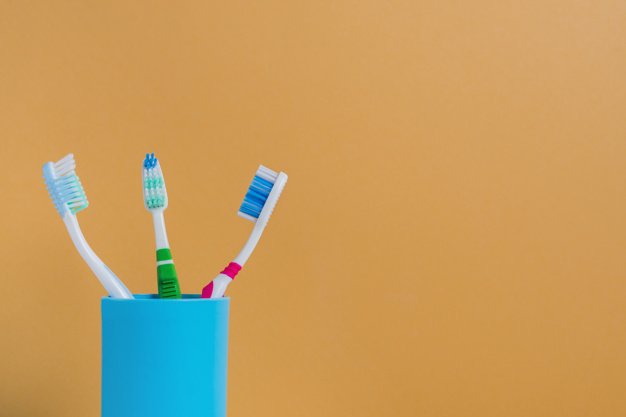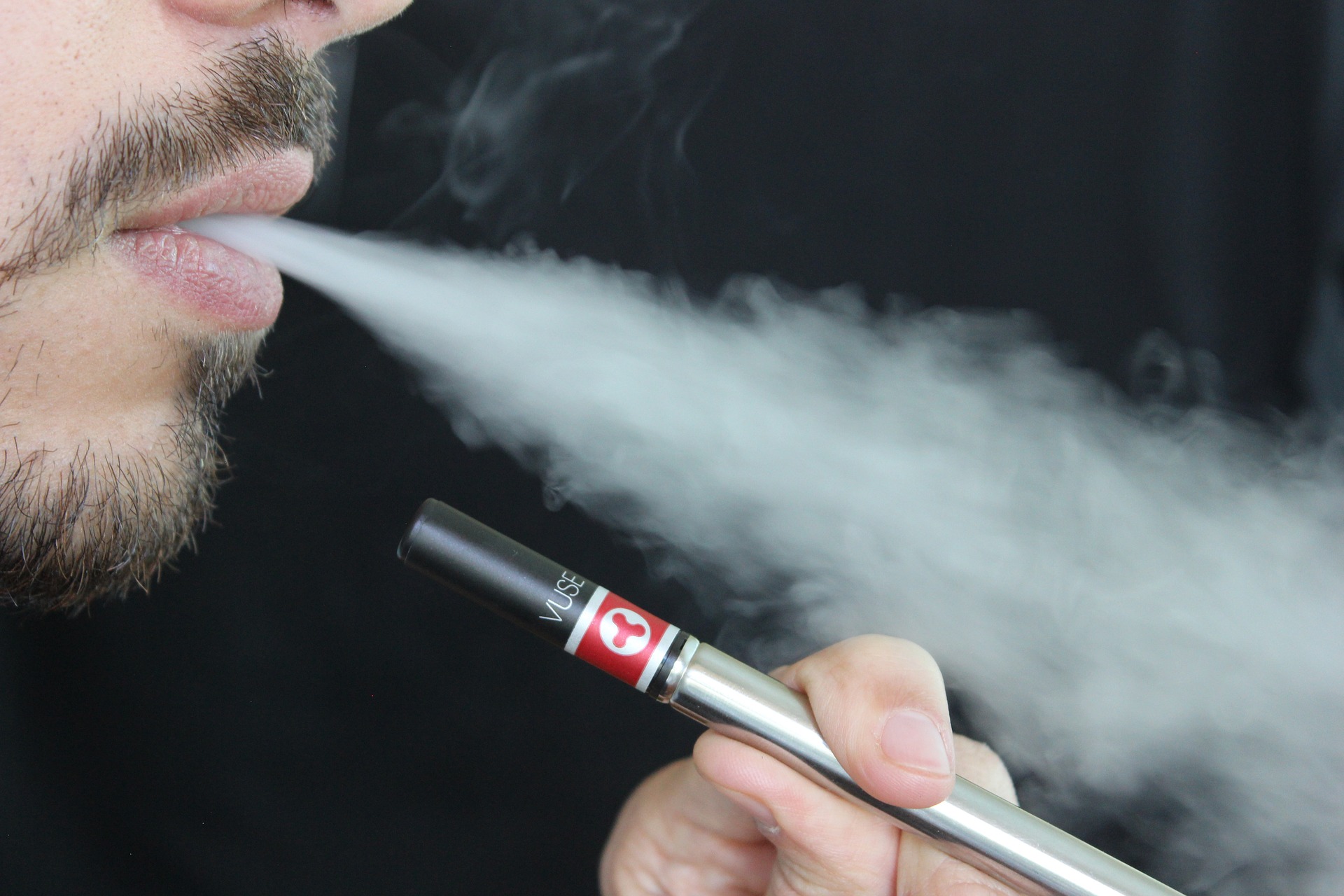Dental plaque and tartar are the main cause of tooth decay and tooth loss, but many people do not brush enough to keep them away. Even if you brush twice a day, you may be missing areas by using the wrong brushing technique or even the wrong toothbrush, causing almost as many problems as you fix. By controlling plaque and tartar properly, you can prevent tooth decay or tooth loss.
Plaque is a sticky biofilm of bacteria that grows on your teeth, where it can destroy the enamel, leading to cavities and infections. Plaque is soft, making it relatively easy to remove at home with the right brushing and flossing techniques. However, within a few days, this plaque starts to harden into a calcified deposit known as tartar, which only a dental professional can remove.
Without professional dental cleaning, tartar creates a perfect environment for more bacteria. This results in receding gums and bone loss as bacteria can grow below the gum line. Therefore, Dr. Maria Luong shares five ways to keep dental plaque and tartar from causing gum disease and tooth decay.
Use the Right Toothbrush in the Right Way:
Even if you already brush the recommended twice a day, you may still be missing areas, giving plaque time to attack your teeth and harden into tartar. To avoid this, make sure you’re brushing with the right technique. Hold your toothbrush at a 45-degree angle towards your gums and lightly brush or massage your teeth and gum with short, circular strokes, as recommended by the American Dental Association (mouthhealthy.org/en/az-topics/b/brushing-your-teeth).
Don’t hold your toothbrush flat against your teeth while brushing it roughly over the tooth surface. This approach misses unwanted debris between your teeth while hurting your gums. Holding the brush at a 45-degree angle makes it easier for the bristles to move between teeth, and brushing along the gum line lets the bristles reach under the gums to remove food and plaque that’s hiding. Make sure to use a soft toothbrush. By using a medium or firm bristled toothbrushes, it can risk damaging your enamel and can irritate your gums.
Clean Between Your Teeth:
Everyone hates flossing. It’s awkward and doesn’t do anything visible, so most people avoid it. However, if you are skipping on flossing, you risk getting cavities and infections in between your teeth, increasing damage and cost to repair your teeth.
If you have trouble with flossing, consider using a water flosser or a floss pick to get at hard-to-reach areas of your mouth. You’ll thank yourself when your dentist doesn’t have to go drilling for cavities in your teeth.
Get Regular Dental Cleanings:
Even with perfect brushing and flossing techniques, everyone is going to miss a little bit of plaque that hardens into tartar. It is essential to see your dentist every six months or more so that they can clean away the hard tartar before it starts causing problems. It’s less expensive to visit a dentist for a routine checkup and cleaning every six months than have your teeth destroyed by cavities because you avoided seeing a dentist.
Rinsing with a Mouthwash:
For a full-mouth clean, commercial mouthwash rinse will also help wash away bits of food, along with destroying bacteria. It’s important as brushing and flossing. Mouthwash is effective in killing bacteria that cause decay and gum disease.
Not all mouthwashes are created equal, so make sure what you’re buying is approved by your local dental association, usually by looking for their association logo on the label. For instance, the American Dental Association has a seal of approval that proves the claims on the bottle (ada.org/en/member-center/oral-health-topics/mouth rinse). In addition, some dental associations, such as the Australian Dental Association, list approved mouthwashes on their website (ada.org/en/science-research/ada-seal-of-acceptance/ada-seal-products/product-category?supercategory=Mouthrinses).
Reduce Sticky, Acidic and High-Carb Foods:
Everyone knows that sugar i.e. sweets contribute to tooth decay, but that’s only part of the story. Sugar leads to tooth decay because it provides an excellent high-energy food source for the bacteria that live in your mouth. This can produce acid that wears away at the protective enamel of your teeth. Bacteria can eat more than just sugar. Any high-carb food, from bread to French fries, is a perfect food for bacteria. Also, like the acid produced by bacteria, acidic foods and beverages can damage tooth enamel.
These helpful hygiene habits do not mean you have to avoid these foods entirely but remember to brush your teeth relatively soon after eating sticky, acidic and high-carb foods, especially foods like potato chips that can get stuck on teeth. However, while it’s good to brush soon after eating, wait at least 30 minutes to make sure the enamel hasn’t weakened from the acidic foods.
Taking good care of your teeth may sometime seem like a hassle. By taking the time to brush and floss, and getting regular dental checkups, this will save you a lot of toothaches and expensive dental work in the future. “It is often those who avoid the dentist or have poor dental hygiene practices over long periods of time, end up having to deal with dental-related health problems – it is important to do your research and find a dentist you feel comfortable working with,” said Dr. Maria Luong.
Read Also:

























